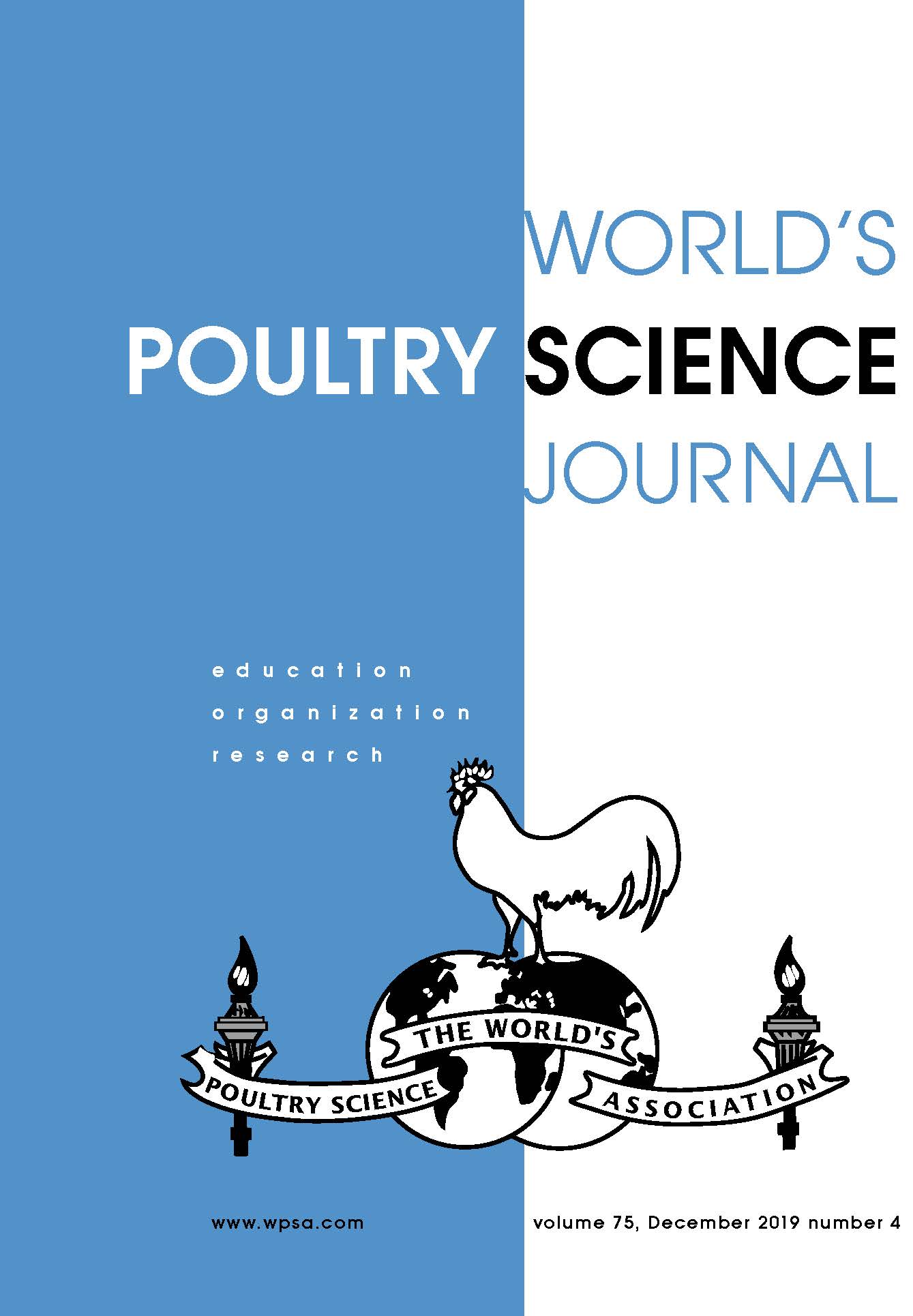Article contents
An evaluation on the potential role of boron in poultry nutrition.Part I: Production performance
Published online by Cambridge University Press: 03 June 2015
Abstract
Boron (B) is a trace element that plays an important role in mineral and hormonal metabolism, cell membrane function, and enzymatic reactions. The current evidence supports the hypothesis that boron has an important biological role that affects the mineral metabolism of both humans and animals by interacting with Ca, Mg, P and cholecalciferol (vitamin D), all of which are important in bone metabolism. This implies that B can play a vital role in bone development and normal growth. However, the use of B occasionally results in apparently inconsistent responses in terms of performance in broiler chickens and layer hens. Although some studies have reported the effectiveness of B, no clear mode of action has been proposed. There are many potential reasons for the inconsistent results of B in eliciting beneficial responses. Available data obtained from relevant studies suggest that there are several concurrent factors involved. Of these, nutritional variables predominate. The purpose of this paper is to review the available studies examining the nutritional role of B on the production performance in broiler chickens and laying hens.
- Type
- Reviews
- Information
- Copyright
- Copyright © World's Poultry Science Association 2015
References
- 5
- Cited by


